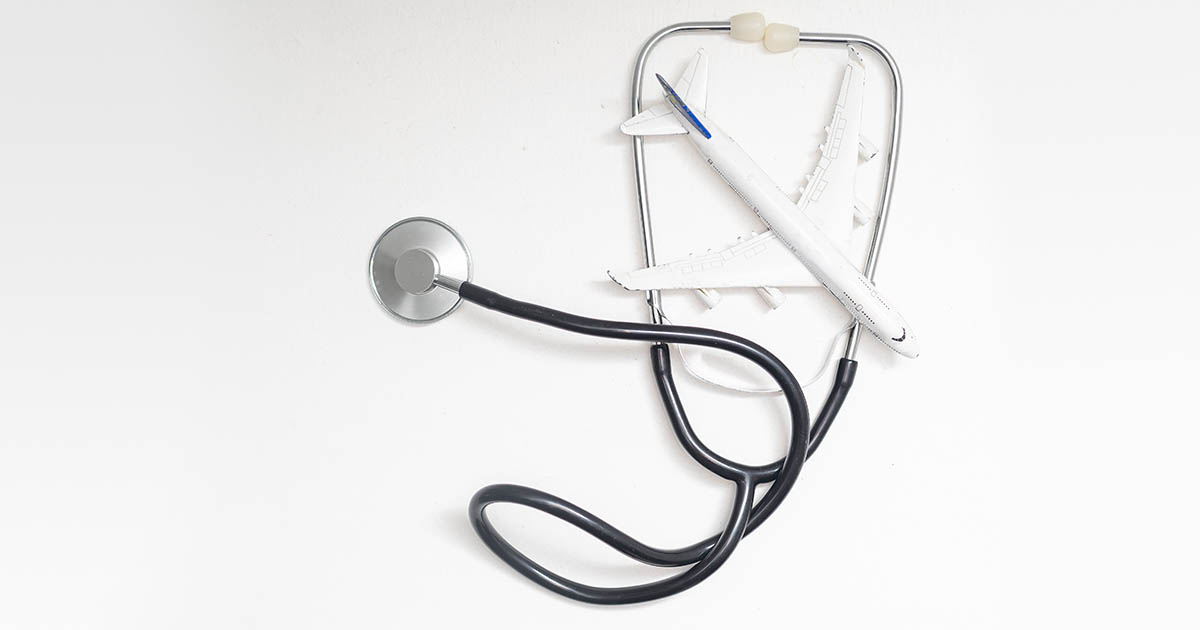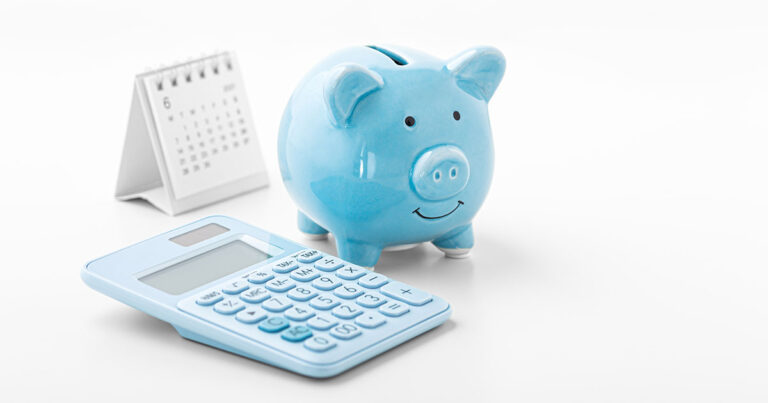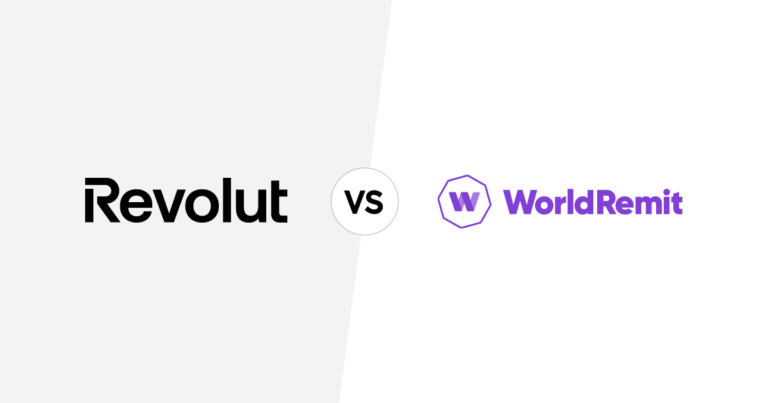Navigating expat life with a chronic illness: 10 factors to consider

This article covers:
- Visa eligibility
- Research local healthcare system
- Find a suitable health insurance
- Organise your medical records and documentation
- Medication management
- Finding the right physician and specialist
- Emergency preparedness is a must
- Lifestyle affects health too
- Continuous monitoring and adjustment
- Don’t forget about healthcare culture – it does make a difference
- Before you go…
So, you’ve got your heart set on becoming an expat, but there’s a catch – you’re dealing with a chronic illness. First off, let’s get one thing straight: it’s possible! But before you start packing your bags, there are a few important factors you need to consider. Obviously, your health should be your top priority, and that means taking extra care when planning your move.
We’re no medical experts, but we can give you some pointers on what kind of questions to ask yourself and what kind of research you should be doing before your big move. With careful planning and a bit of extra effort, you can still realise your dream of living abroad – even with a chronic illness.
Visa eligibility
We hate to be the bearer of bad news, but here’s the thing — some countries have medical requirements for work visas. Why, you ask? Well, local governments don’t want to put extra pressure on their public health system by letting in individuals who might rack up high costs. Take Australia for instance.
But don’t panic just yet. It’s not necessarily a complete no-go for people with chronic conditions. You’ll just need to dig a little deeper into how it might affect your visa eligibility.
Another thing to keep in mind is that many private companies require potential hires to pass health and medical checks with their company doctors before they seal the deal with a job offer!
Research local healthcare system
Knowing what you’re walking into when it comes to healthcare services is crucial.
Take this for example. In some places, you’ve got a government-run healthcare system. Hospitals and doctor’s offices are state-owned. Sounds great, right? But you might find yourself stuck on a long waiting list just to see a specialist or get a certain treatment.
Then there are countries with a more private approach to healthcare. Here, the quality of care can depend heavily on your wallet size. It’s super important to know what kind of system you’re stepping into so you aren’t caught off guard if you need urgent care.
So, no matter where you’re headed, understanding the healthcare landscape is key to staying healthy and safe while you’re abroad.
Find a suitable health insurance
Health insurance is one of those necessities in life that sometimes feels overwhelming to navigate. With so many options available, it can be tough to figure out which one suits you best. But, fear not. With a little bit of research, you can find a comprehensive plan that covers all your medical needs.
When looking for the right policy, it’s vital to consider any pre-existing conditions you may have and make sure they’re covered. And, don’t forget to verify if the necessary medications you need are part of the plan too. It’s also a great way to factor in any out-of-pocket costs you may have to pay, just in case your preferred plan doesn’t cover you entirely. Remember, having health insurance is crucial, but the right policy will give you peace of mind and allow you to focus on your health, not just your wallet.
Organise your medical records and documentation
Alright, let’s chat about something that might sound a bit tedious but is super important — getting your medical records in order. It’s like piecing together the story of your health, right? You want to gather all the key plot points — your diagnoses, treatments you’ve had, and any meds you’re currently taking.
And here’s where it can get tricky — if any of your records are in a different language or use a different measurement system, you’ll need to translate them. This ensures that your new doc gets the full picture of your medical history.
Once you have all your documents, think about creating a ‘Health Summary’. This would be a neat, little package with a brief rundown of your medical history, your current health status, and your emergency contacts.
And here’s a pro tip – keep both digital and physical copies of everything. You never know when one might come in handy. By doing all this, you’re not just collecting papers, you’re building a comprehensive, up-to-date health profile.
Medication management
Amidst all that hustle and bustle, don’t forget to manage your meds properly.
First things first, always have a good stock of your medication. You know how they say, ‘Prepare for the worst and hope for the best’. That applies here too. Stock more than you think you’ll need, just in case there are any hiccups in getting your prescription refilled.
Next up, scope out the pharmacy scene in your new area. Every country has its own system, you see. In some places, you might need to get a prescription from the doc and then get your meds from the pharmacy, while in others, you can pick up your meds right at the doctor’s office.
So, make sure you know where your nearest pharmacies are and when they’re open. This way, you can plan your prescription pickups and refills like clockwork.
And here’s something you might not have thought about — check out the local rules about bringing in prescription meds from outside. The last thing you want is to find out your medication isn’t allowed in your new home country! If that’s the case, you have got to know what alternatives you have. So, do your homework and stay healthy!
Finding the right physician and specialist
One of the first things on your to-do list should be finding a good doctor. Think of it like detective work – you are investigating to find the best healthcare professionals who can cater to your specific needs. A great way to simplify this task is by tapping into expat communities or checking out online forums for recommendations.
But here’s a heads-up: language barriers can sometimes trip you up when you’re dealing with healthcare providers. It can lead to confusion, and worse, misdiagnosis. To avoid this, try to find a friend, family member, or professional translator who can help you communicate. Or better yet, look for English-speaking doctors or hospitals that are familiar with your health condition.
One more thing – don’t forget to book a get-to-know-you session with your new doctor. This gives you a chance to chat about your medical history and discuss your treatment plan. Remember, each doctor has their unique approach to treatment, so feel free to ask questions and voice any concerns you might have. After all, it’s your health we’re talking about!
Emergency preparedness is a must
Let’s talk about being ready for emergencies. None of us want to face our worst health fears, right? But the reality is, many of us who move to a new place as expats do it solo. This means you have to be extra vigilant. Keep your emergency contacts updated and let a few trusted people know about your health situation. That way, if something does happen, they’ll have the information your doctor needs.
Oh, and don’t forget to save local emergency numbers and locate the nearest hospitals. You never know when that info might just be a lifesaver. Also, think about wearing a medical alert bracelet or carrying an ID with crucial health details. It’s a simple way to make sure that anyone who comes to your aid in an emergency knows exactly what they’re dealing with.
Lifestyle affects health too
Alright, let’s talk about adapting to a new lifestyle. This one can sneak up on you. Believe it or not, the weather can really mess with your physical and mental health. Got a pesky sinus problem? Cold weather might give your nose a hard time. Not seeing enough of Mr. Sunshine? You could find yourself needing extra vitamin D to ward off seasonal blues.
So, before you even start prepping for that job interview in a brand new country, take a moment to think about how the climate might affect your health. Then, make plans to set up your living space in a way that helps manage any chronic conditions you have.
And here’s something else — don’t underestimate the power of a solid local support network. Friends, neighbours, local groups – they’re all important. Loneliness and homesickness can sneak up on you faster than you’d think. Once you’ve found your tribe, don’t be shy about sharing your needs and what to do in case of an emergency. Trust us, it’ll make your life a whole lot easier.
Continuous monitoring and adjustment
Alright, you’ve moved and settled in. Great job! But don’t get too comfortable just yet. Remember to set up regular catch-ups with your local healthcare providers. Keep them in the loop about any changes in your health or treatment plan.
Also, keep an eye on the local health scene. If there are policy changes, strikes by healthcare professionals, or updates to health insurance, it could throw a wrench in your health management plans. So, stay informed and be ready to adapt. It’s all about rolling with the punches, right?
Don’t forget about healthcare culture – it does make a difference
As some folks in the forum pointed out, healthcare culture affects the way you are being treated. We often see medical practices as all about the science, because, well, it involves doctors and medicines, right? But there’s a lot more to it — it’s deeply intertwined with societal beliefs and norms.
Look at the EU and the US for instance. In the EU, doctors are usually more cautious when it comes to prescribing medications, particularly those that can be misused, like painkillers or antibiotics.
On the other hand, the American system is more patient-centric. Patients there have much more influence than in public healthcare systems. The idea of ‘asking your doctor about X prescription medicine’ may sound strange to folks in many EU countries.
So, how do you crack the code of a country’s healthcare system? It’s easy. Join some expat Facebook groups and start asking questions.
Before you go…
Being an expat with chronic illness can be challenging, and you’ve probably spent a lot of time figuring out how to manage your health in your new home country. But what about managing your finances?
If you need to send money back home, it’s important to find a reliable and affordable service. That’s where Instarem comes in.

With over 60+ countries to choose from and great rates and low fees, you can send money with ease. And, the transaction timeline keeps you updated every step of the way, so you can rest assured that your money is safe and sound. So, take a load off your mind and let Instarem handle your international money transfers.
Download the app or sign up here.
Disclaimer: This article is intended for informational purposes only. All details are accurate at the time of publishing. Instarem has no affiliation or relationship with products or vendors mentioned.



























